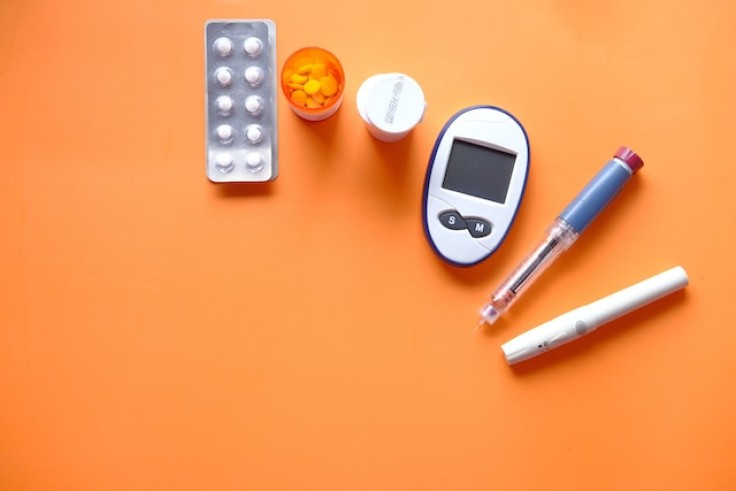
A recent study has revealed that girls who experience the onset of menstruation at a younger age may face a higher risk of developing type 2 diabetes in their later years. This comprehensive research, conducted by a team of experts from Tulane University in Louisiana, delves into the relationship between early menarche and the likelihood of developing this chronic condition.
The study, which spanned nearly two decades, from 1999 to 2018, analyzed data from over 17,300 women aged between 20 and 65 across the United States. Participants reported the age at which they started menstruating, with categories ranging from 10 years or younger to 15 years or older. The researchers tracked these women to see if they developed type 2 diabetes and also looked for instances of cardiovascular diseases.
Comprehensive Data Analysis
Out of the participants, 10% (1,773 women) were diagnosed with Type 2 diabetes, and among them, 205 also reported some form of cardiovascular disease. The statistical analysis indicated a significant correlation between early menstruation and the risk of developing type 2 diabetes later in life. Specifically, those who began menstruating at age 10 or younger had a 32% increased risk compared to those who started at 13.
Furthermore, the study revealed that starting menstruation at age 11 was linked to a 14% increased risk, while beginning at age 12 was associated with a 29% higher risk. These findings were adjusted for various factors that could influence a person's diabetes risk, including age, family history, and body weight.
An interesting observation from the study was the relationship between early menstruation and the risk of stroke among women with diabetes. Women who experienced their first period at 10 years of age or younger and had diabetes were nearly three times more likely to suffer a stroke compared to those who started menstruating later. However, there was no significant association with overall cardiovascular disease.
Read also: Diabetes: Kids Are Loving American Girl Dolls With Diabetes Kit; How Doll Helps Diabetic Kids
Implications on Women's Health
The research, published in the BMJ Nutrition, Prevention, and Health journal, highlights that an earlier age of menarche could be a critical indicator of a woman's likelihood of encountering cardiometabolic diseases. One possible explanation for this link is the prolonged exposure to estrogen, the primary female sex hormone, in women who experience early menarche. Early menstruation has been associated with higher estrogen levels, which could play a role in the development of type 2 diabetes.
The study's authors emphasize that early menarche may serve as an early-life marker of women's health trajectories, particularly concerning cardiometabolic diseases. They suggest that the findings could help in understanding the risk factors and early prevention strategies for type 2 diabetes in women.
This research adds a significant dimension to the understanding of Type 2 diabetes risk factors, particularly for women. It underscores the importance of monitoring and managing health from a young age and provides a new perspective on the long-term impacts of early puberty.
As the medical community continues to explore the complexities of diabetes and its associated risks, studies like this shed valuable light on the intricate connections between our early life experiences and our health later in life.
Related Article: Toddler Diagnosed With Diabetes, Her Mom Shares the Symptoms